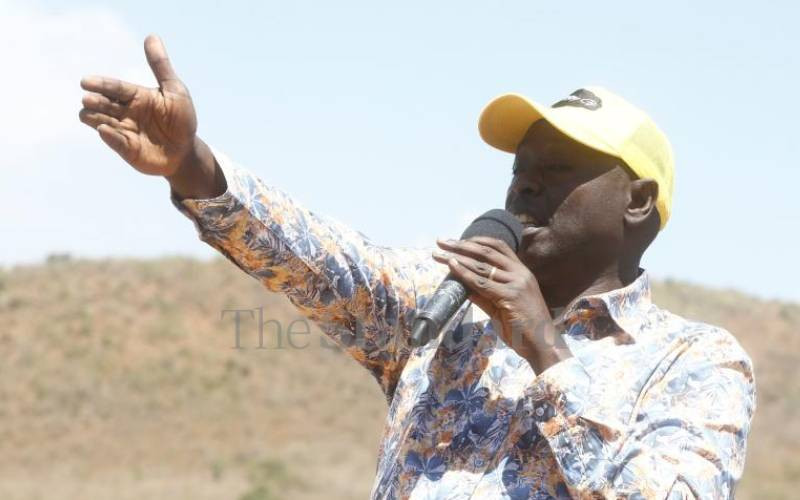×
The Standard e-Paper
Fearless, Trusted News

The past week serves as a reminder to all Kenyans that it might take more than politicians to transform this country.
On the one hand, we have now been told that Kenya is a company. But it is no ordinary company. This is a company in which preference shares far exceed ordinary shares.